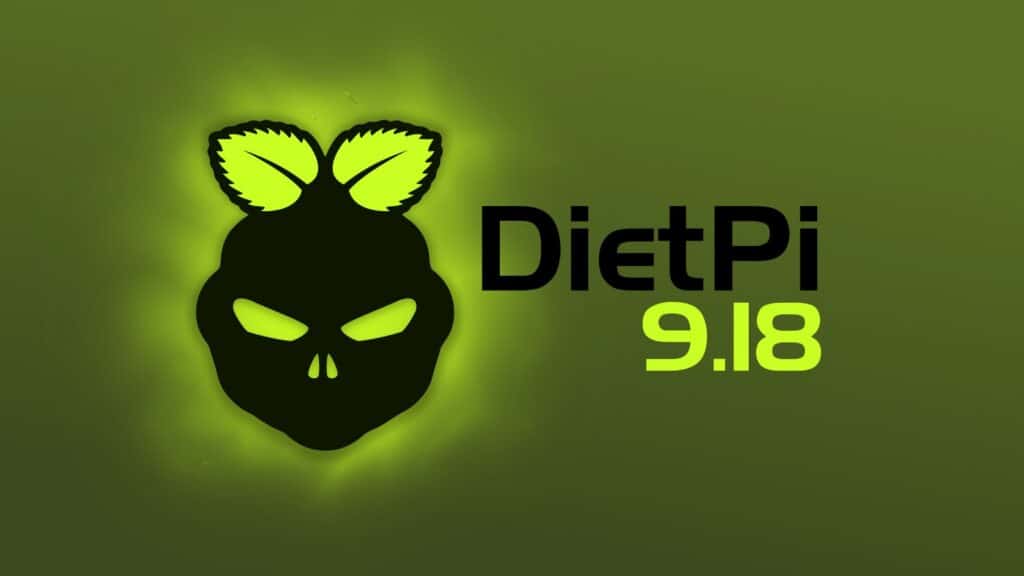A month after the 9.17 release, DietPi, a lightweight, performance-focused Debian-based Linux distro for SBCs (such as Raspberry Pi) and server systems (with an option to install desktop environments), has just unveiled its latest iteration, version 9.18.
The new release adds official images for the NanoPi R3S, R3S LTS, R76S, and M5 boards. The Rockchip RK3566 SoC features dual Gigabit Ethernet ports, powering the NanoPi R3S and its LTS variant. The LTS model comes with an HDMI port, while the non-LTS version is designed for headless use, so users should ensure they flash the correct image.
Meanwhile, support for the NanoPi R76S and M5 brings compatibility with FriendlyELEC’s newer Rockchip RK3576 platform. DietPi 9.18 also introduces LazyLibrarian, an ebook and audiobook collection manager now included in the DietPi-Software catalog. The tool serves as a replacement for Readarr, which is no longer under active development.
Another major highlight of this update is the rework of the DietPi-Dashboard, focusing on security, maintainability, and flexibility. TLS is now enabled by default using auto-generated self-signed certificates, while the frontend and backend have been split into two separate services—ports 5252 for the web UI and 5353 for backend connections.
Although the interface looks and feels familiar, the underlying architecture has been overhauled to simplify management and improve reliability. DietPi developers, however, still recommend users keep the dashboard inaccessible from the public Internet and instead rely on VPN or local access for security.
It’s worth noting also that DietPi 9.18 includes several backend enhancements, with the main ones being:
- DietPi-Drive_Manager and DietPi-FS_partition_resize now support Xen virtual block devices, improving compatibility in virtualized environments.
- DietPi-Config has refined its SPI bootloader update process to support a broader range of hardware.
- DietPi-AutoStart received a fix for Raspberry Pi systems using LightDM on Debian Trixie.
- DietPi-LetsEncrypt has removed its OCSP toggle, following Let’s Encrypt’s shutdown of OCSP servers earlier this year. Users are advised to clean up related Apache or Nginx directives.
Finally, a long-standing issue in DietPi-FS_partition_resize that could cause boot hangs on systems with ext4 filesystems has been fixed. The service now handles journal creation and forced fsck automatically to ensure smoother first boots.
Refer to the release announcement for a detailed overview of all changes. Downloads are available here.
